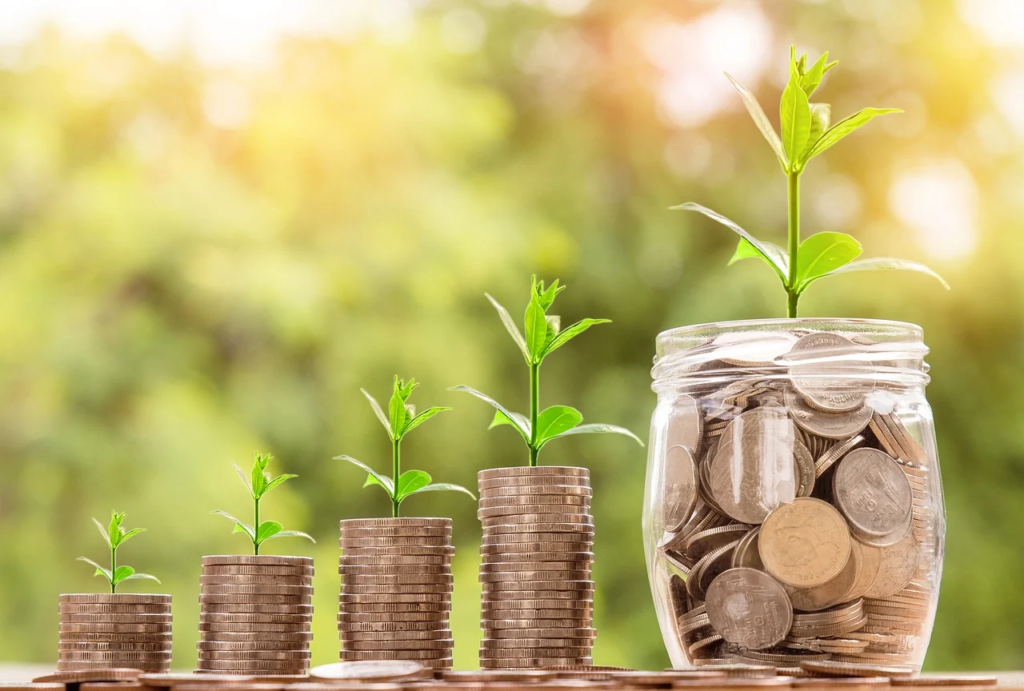Do you really need these things?
If you have them, do they make your life better?
- Updated: May 21, 2021

The thought of not buying things to save money seems obvious.
But there are so many things we buy regularly without thinking twice about it.
And while these items might only be a small amount of your budget, over time they can really add up.
Sometimes these items do not add much value to our life. But they end up building extra and unnecessary stress in our lives.
We can always get rid of these expenses. It will help free up a lot more cash in your life.
You can really cut back on these expenses and free up cash to use on:
- Something nice for yourself.
- Increasing your retirement fund.
it is always good to have extra money left over at the end of the day.
It will always help you in the long run.
I am sure that most of the people reading this have the same shared goal.
Even if you are not in a situation where you must be super frugal, it is still a good idea to be money wise.
Reducing or cutting these things from your regular purchases can help you achieve your financial goals sooner.
Here are some things you should probably stop buying to save money.
1. Sale and promotion items
You have seen this before:
- Holiday sales.
- Anniversary sales.
- Discounts store wide.
- Buy one get one free.
- Buy two get one free.
- Spend above $200 and get a $20 cash voucher.
- Spend above $200 and buy another item at $20 off.
You have heard this before:
- It is so cheap.
- I can save money.
- It is economical.
- I am going to use it anyway. (Not sure when though).
When you are buying items under sales or product promotions, you must be careful of this. Some people tend to go overboard.
For example, when they go shopping and spend $150. They will say:
- All this stuff is worth $300 (list price).
- We saved $150 because of the sale. It was 50% off.
- We got a great deal at $150.
Actually,
- They did not save $150.
- They spent $150.
- That much amount is less in the bank today than yesterday.
- They bought more than what they need or something they do not need.
Just because something is on sale does not necessarily mean that you are going to save money on this item.
Try your best to not let sales and discounts affect you.
When you need something just go out and buy that thing only.
Obviously, times where sales can make sense, where you could save a lot more money.
But then, we are talking about a 70 percent off sale. Probably a closing down sale. And you are using the product regularly.
Some of these things happen all the time.
And this goes for cash or rebate vouchers as well. People will end up spending twice or thrice as much money as somebody who does not use them. Because they are buying items that they have no need for at that moment. They feel that it is vital to buy three or four items to get one free. They end up spending more money.
So just keep that in mind as you go forward with buying items in the future. Think about the psychology of buying stuff and how that really affects you.
It is human nature that makes people want to get more stuff at presumably lower prices.
2. Beverages.
Bottled and canned drinks which include sugary drinks like soft drinks, fruit juices, coffee, tea, and mineral water.
The same goes for alcohol. Alcohol kills brain cells.
Just drink boiled filtered tap water.
Get a reasonably good filter, and not necessarily fancy and expensive one.
This is not for financial reasons.
It is because most drinks and fluids that are not water, are not going to be good for you. And in most cases, the drinks are sugar heavy.
Make your own coffee or tea.
This will save you a lot of money and it is also healthy to opt-out of these things.
3. Unnecessary Food
You can stop overbuying food.
People tend to spend a lot of money on food. You must be careful that you are not spending too much money on food. This is a problem for many people.
Too many or too much of food items. Cooking oil, rice, bread, eggs, meat, fish, vegetables, or ingredients.
Some people will buy too much and will not use it or forget to use it.
It will be sitting there in the fridge for a couple of weeks (or years) and then it goes bad.
Why buy a month’s portion of meat or fish to keep in the freezer? Better off in buying a week’s worth and finishing them by the following week. You can replenish your supplies after that.
There must be a balance between buying in bulk to save money and making sure that you will use all of it promptly.
When you buy too much in bulk the the food will go to waste. And you will have to throw them away.
Or you may end up eating more by increasing your serving sizes to prevent wastage.
It creates a lot of waste financially and for the environment. This is not sustainable.
Remember that you are buying food for your current use and not buying for keeps.
Plan your meals for the week and buy the stuff you need for that week.
4. Clutter items.
You may have bought some these items before:
- Knickknacks.
- Souvenirs.
- Ornaments.
- Decorations.
- Art.
- Mementoes.
- Odds and ends.
You may have seen these items in the house or in the car:
- Shadow box art.
- Decorative table trays.
- Candles.
- Plaques with (motivational) quotes.
- Odd-shaped sculptures.
Some of them may be pretty or cute. Some are not.
Some of them may be cheap. Some are not cheap.
You think they may make your house or car complete. Most do not.
Stop yourself from buying clutter.
These items do not add value to your life.
They may make you feel better when you buy them. It could because you thought you got it cheap. Or you thought it is useful or cute.
That thing is going to sit on a shelf or hang from somewhere and do nothing for you.
5. Investing in things that you do not understand.
Please do not invest in things that you do not really understand.
For example, cryptocurrency like Bitcoin.
If you do not understand it, then do not buy it.
The same goes for other conventional investment products.
It is pretty much the same as investing in equities in the stock market, mutual funds, or property.
If you do not understand the investment products, then do not do it.
If you do not understand it, then it is not investing. It is speculation, also known as gambling.
People may tell you are a fool for not putting all your money in any one of these investment products.
It may work out for you or it may not.
If you do not understand it well enough so do not bother to invest in it.
If you still want to invest in it, then do so only after you:
- Do a lot of study and research about investment product to understand how it works.
- Analyse the pricing and the trends.
- Had discussions with your financial advisor.
Just make sure that you understand what you are putting your money into.
Know what you are doing.
Make sure that you understand that because this is when people really get in trouble. That could be a massive bubble that nobody is aware of because they are blindly investing money.
Do your due diligence. And you will feel so much better knowing where your money is going to.
Final thoughts
These are just some of the things you should stop buying to save money.
This list is not exhaustive as there are also other things you can stop buying. Small things like cutting down on stuff you usually buy like junk food and snacks, take away coffee or tea, or books. You can choose to buy them occasionally as a treat, and not often. Not daily or a few times a week.
Or it could be big ticket items, like a car or holidays.
You do not have to go for extreme living and stop buying anything. Start by picking a few things, work on those, and go one from there.
It is not necessary for you to do all these things to save money. Some of these items may be cheaper in bulk and you can store them for a longer time.
You must work out the figures. Some purchases may save you some money.
You can do some of these things for financial reasons. Or maybe you just want to cut back on things you are buying or paying for.
Every bit of extra savings counts when you are working towards your financial goals.
